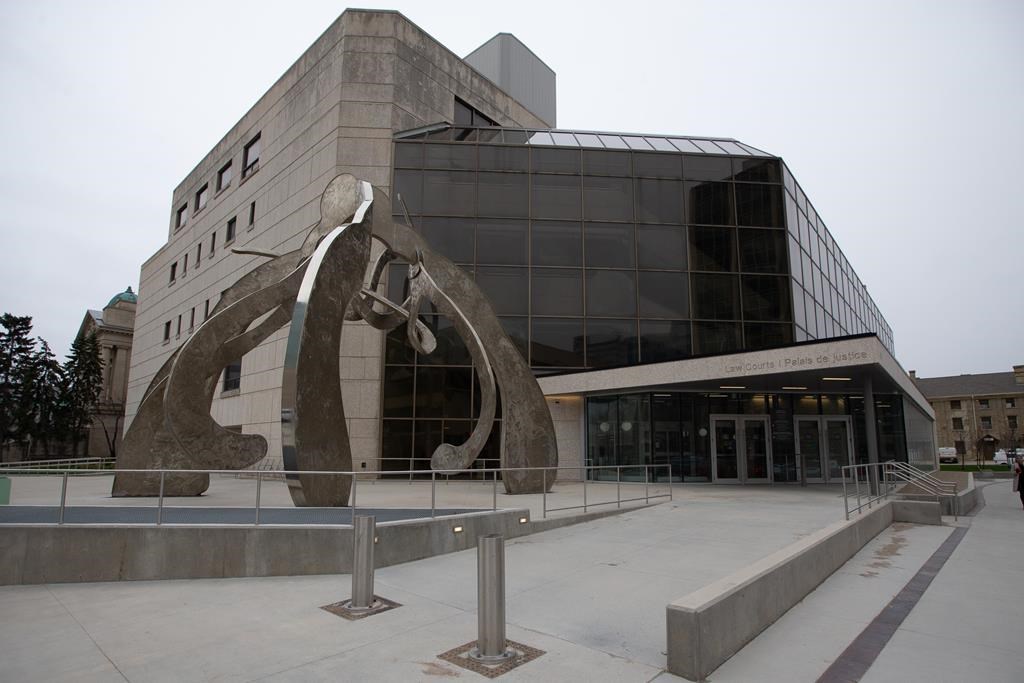Winnipeg dialysis patients lament Transit Plus’ inconsistent pick-up times
Posted February 21, 2024 5:39 pm.
Last Updated February 21, 2024 5:46 pm.
Transit Plus’ inconsistent pick-up times are causing Winnipeg dialysis patients to miss several treatments a year, those living with the chronic medical issue say.
Many dialysis patients rely on non-emergency medical transport to get them where they need to be. But late pickups are leading to appointments being cut short or missed altogether.
And that’s putting certain patients at risk.
“It’s affecting our lives, our families’ lives. It’s affecting the length that we live – whether we live two years or three years,” said dialysis patient Carol Lorimer. “Death is something we talk about quite often in our home, as do the other dialysis patients that I visit with.”
Lorimer has end-stage kidney disease and is on the list for a kidney transplant. Her medical appointments include psychiatrist care and visits to the Wellness Institute at Seven Oaks General Hospital.
“Kidney disease affects absolutely everything,” she told CityNews. “Everything from your brain down to your toes. There isn’t an organ in your body, there’s not a blood vessel in your body that isn’t affected by kidney disease.”
Transit Plus provides door-to-door transportation for Winnipeggers who can’t use the city’s fixed public transit route because of a physical disability.
Lorimer does not fault the Transit Plus drivers when the vehicle is late, and explains there have been positive experiences using the service.

But the inconstant pick-up times are hardly isolated incidents. Nick Donaldson, who’s been getting dialysis treatments since July 2021, says Transit Plus has directly affected the level of care he receives. He says on statutory holidays, when the service ends its operation hours early, he has to cut his treatments short.
“I will lose about 45-60 minutes of my treatment because of the time it takes to get me off of dialysis and hooked up and ready to go, and then getting down to be in time for when my ride window opens,” Donaldson explained. “I’m losing a bunch of time off my treatment.
“For some passengers, these problems and these mistakes that are made actually can put passengers at risk.”
–Dialysis patient Nick Donaldson
It sometimes takes 86-year-old Clarence Yakel around an hour to get home from an appointment, for what should have been a 10-minute ride at most.
He says his wife often worries when he doesn’t get home during the scheduled window, because she has no idea if Transit Plus is late or if a medical emergency has happened. When his wife calls customer service, she often doesn’t get any definitive answers and continues to anxiously wait for him to get home.
Two-in-five missed appointments due to transport
Winnipeg nephrologist Dr. Clara Bohm has done substantial research into medical-focused transportation.
“We did some studies looking at what transportation’s like and what patient experience is like with transportation to dialysis and it’s the same everywhere. People do cut times short,” she said.
“Dialysis itself can have issues associated with each treatment that are unanticipated. So things like low blood pressure, things like an infection where we have to re-prescribe that might make the treatment longer. The time on the treatment that’s prescribed is prescribed for a reason, and sometimes it’s quite individualized.
“So some people need longer time on treatments, some people need shorter times. If people are cutting their times short for rides because there’s a certain time and there’s no flexibility, that actually affects treatment and can affect their health and their quality of life as well.”
Bohm says problems exist across the country. Statistics show 40 per cent of missed dialysis treatments are because of the transportation – an average of seven missed treatments per person, per year. Fewer than one of those is made up the next day.
In Winnipeg, it’s equivalent to approximately 7,000 missed hemodialysis treatments per year, leading to increased risk for poor health outcomes. The risk of hemodialysis‐related hospitalization or emergency room visit increases sixfold following a missed treatment.
“We know that people who miss dialysis are much more likely to end up in emergency with fluid on because they didn’t get it off, or with high potassium, which is very dangerous. (It) can stop your heart,” Bohm said.
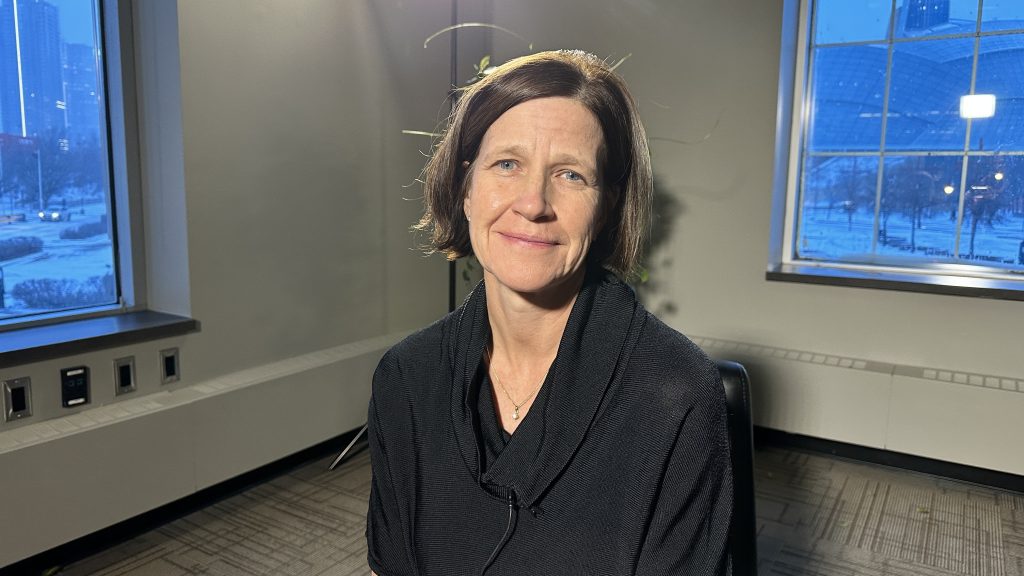
The nephrologist explains the reality for dialysis patients is they are “transportation disadvantaged” – they either don’t own a vehicle, don’t have the capacity to drive themselves, can’t afford private transport likes taxis or Ubers, or don’t have a relative to drive them.
“Some people are medically unable to drive due to other diseases or diseases that actually cause their kidney function, like diabetes,” Bohm said. “They’ve also lost their vision.
“For those people who can drive, some people do drive after dialysis actually, but many people choose not to because dialysis takes fluid off during the treatment and sometimes that leads to low blood pressure and feeling quite unwell and cramping at the end of dialysis. In fact, sometimes it’s dangerous to drive for some people.”
New scheduling system on the way: Transit Plus
Donaldson argues Transit Plus is “not doing anything” about the pick-up time troubles.
However Winnipeg Transit Plus tells CityNews it has made recent changes to improve booking accessibility and reduce wait times, “demonstrate(ing) a commitment to continuous improvement.”
It also says a new booking and scheduling system will be implemented this spring that would make routing more efficient; simplify the workflow for drivers; and increase shared-ride pooling so a vehicle can accommodate more trip requests.
To book a ride with Winnipeg Transit Plus, customers select when they want to leave or when they want to arrive at their destination. That creates a 30-minute pick-up window.
“Including even a small pick-up window lets us use the gaps that cancellations or no-shows create to keep our vehicles on time and provide more trips,” a Transit Plus spokesperson said via email. “A pick-up window time is also a more transparent way to deliver service, considering everything that impacts a driver’s schedule. For example, traffic, construction, the time it takes to board, and customer no-shows.”
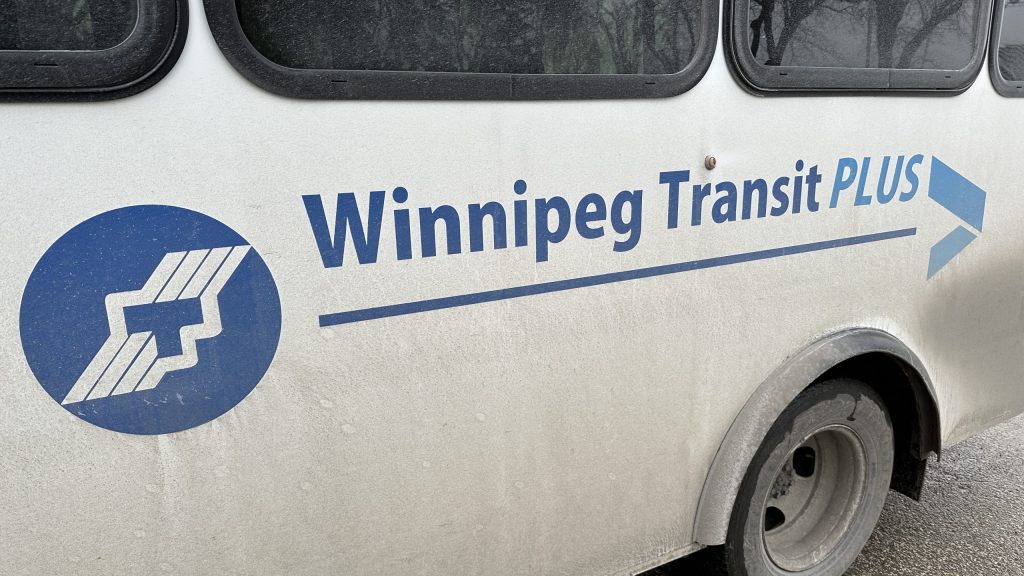
Transit Plus urges customers to call their contact centre if a vehicle fails to show up within the 30-minute window.
“Our team will work with the customer to determine where the vehicle is, when it should arrive, and to find a quick option if possible.
“As a transportation service, we make every effort to complete the trips our customers have booked with us on time. During inclement weather, when all journey steps become increasingly difficult, delays become inevitable. The service does not make changes to the 30-minute window.”
Increase overall eligibility, patients ask
The multiple dialysis patients who spoke to CityNews had another main issue with Transit Plus beside the inconsistent pick-ups: eligibility.
Lorimer, for instance, explains only her dialysis appointments are eligible for transport with Transit Plus.
“They just pick and choose. We’re allowed to use Handi Transit to get hooked up to the machine and that’s it,” said Lorimer, who refers to the service under its former name.
“When I had to have a PD (peritoneal dialysis) catheter removed, they wanted me at six o’clock in the morning at the Victoria Hospital. I live all the way out on Henderson near Chief Peguis. They told me to take the bus or take a taxi. I could not get a ride with Handi Transit to go for that surgery or to come home from that surgery, either.
“If somebody is able to call Handi Transit to go get their groceries, to go do their clothes shopping at Polo Park or to go to the casinos, I think I should be able to call Handi Transit and go to the Wellness Centre and exercise with people that understand my disease and know what I am capable of and not capable of. So I think it’s very unfair.”
Fellow Transit Plus customer and dialysis patient Larry Krause echoed Lorimer’s concerns. The 77-year-old believes the service should be available for people who need to go anywhere.
“I have macular degeneration,” said Krause. “I had to have a needle in my eye, I was scared out of my mind. So I phone Handi Transit. ‘Would you please take me to the eye doctor?’ ‘No. You don’t go to the eye doctor because you only can go for dialysis.’ So I’ve taken taxis seven or eight times to get this needle in my eye once a month.”
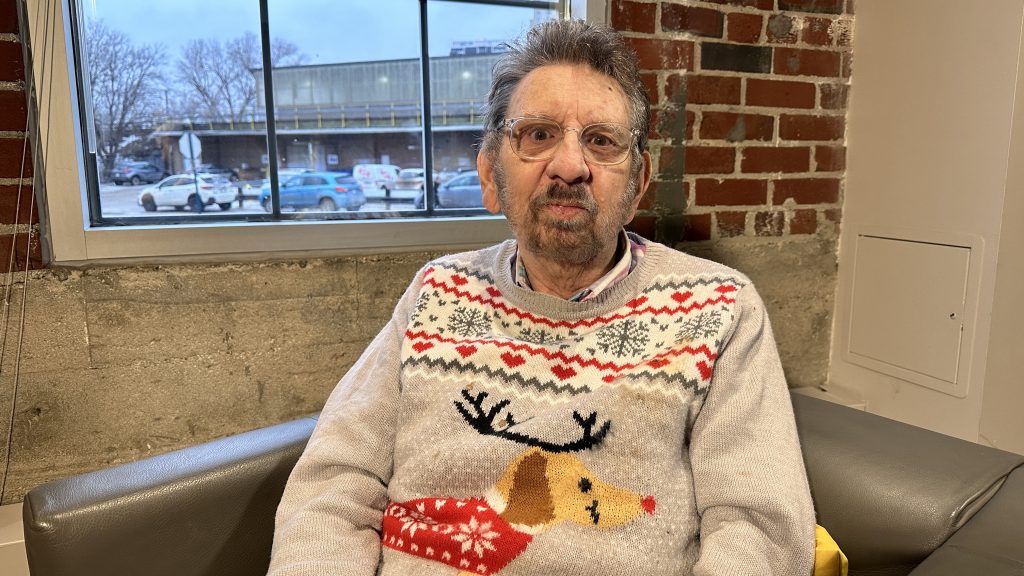

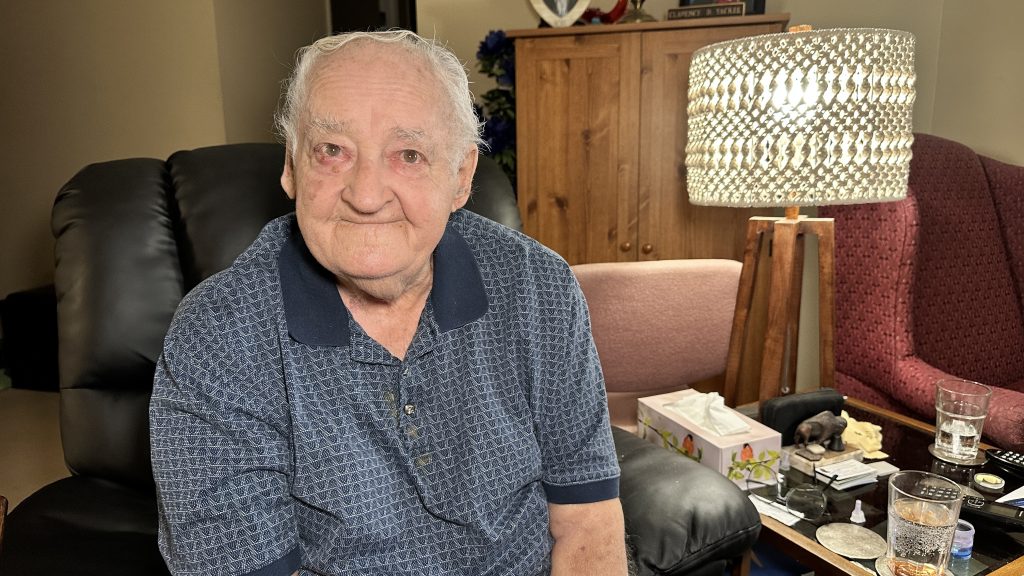
Winnipeg Transit Plus tells CityNews customers are eligible for the service if they meet one of four requirements, including having Alzheimer’s or extremely poor vision.
They are also eligible if they need a wheelchair or scooter – whether that’s permanent, until a specified date, or as a result of dialysis treatment. In the case of dialysis, eligibility only covers trips to and from dialysis treatment.
Anyone unable to walk 175 metres outside – whether that’s at all times, during winter months due to snowfall, or as a result of dialysis treatment – is also eligible.
“Transit Plus is preparing to engage a consultant to review the existing eligibility criteria, to include public consultation, and will require the recommendations to align with the Accessibility for Manitoban’s Act Transportation Standard Regulation and the Winnipeg Transit Master Plan, and be consistent with industry best practices,” Transit Plus said.
The City of Winnipeg adds it’s preparing to review the existing eligibility criteria for medical conditions.
‘We need… a reliable, flexible transport system’
The frustration with the service has many dialysis patients and health professionals calling for an improved transit system for medical appointments in Winnipeg and across Canada.
“I think that they need to have a medical division, but I would not want to see it run by the same people that are running Handi Transit,” Lorimer said. “I would much rather see a group go in that have got some knowledge, some background. I would like to see some nephrologists sitting on the board determining who can and cannot get this service.”
Dr. Bohm believes there is real advantage to having a non-emergency dedicated medical transport service.
“Services, like public transit services, are there to serve the whole population,” she said. “And what is really missing in putting this puzzle together, how to fix it is that, what we need is a reliable, flexible transport system. But it needs to be a specific, non-emergency transport system.
“We can’t expect public bus service to be able to provide that sort of service. I think it’s not just for people on dialysis that need it. I think it’s people with other chronic diseases that have frequent life-sustaining treatments such as chemotherapy or people with chronic heart failure that have to go for appointments.”
CityNews previously shared the story of a Winnipeg woman who felt her safety was being jeopardized by Transit Plus after being asked to meet at what she called an inaccessible pick-up point.
Updating CityNews on the situation, Breanne Boyce says those issues have been resolved in part thanks to the City of Winnipeg’s manager of client services.
“I’m actually very happy,” Boyce said. “Going forward I hope that this is a sustainable change that will continue to be ongoing.”
